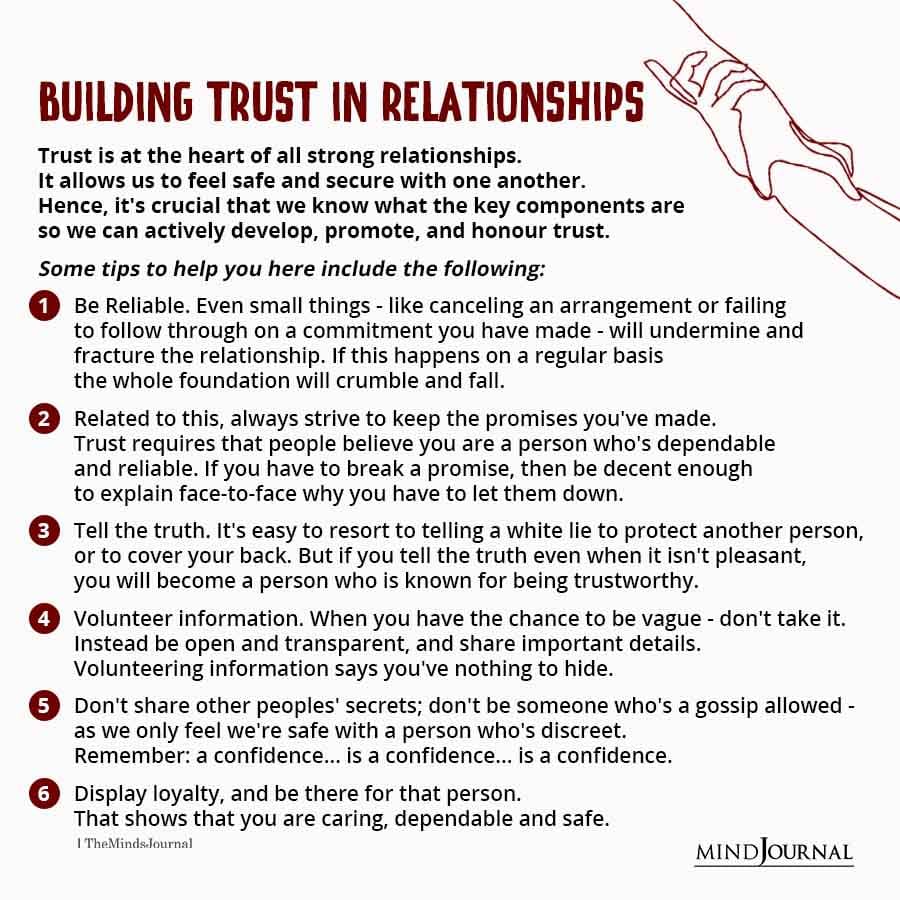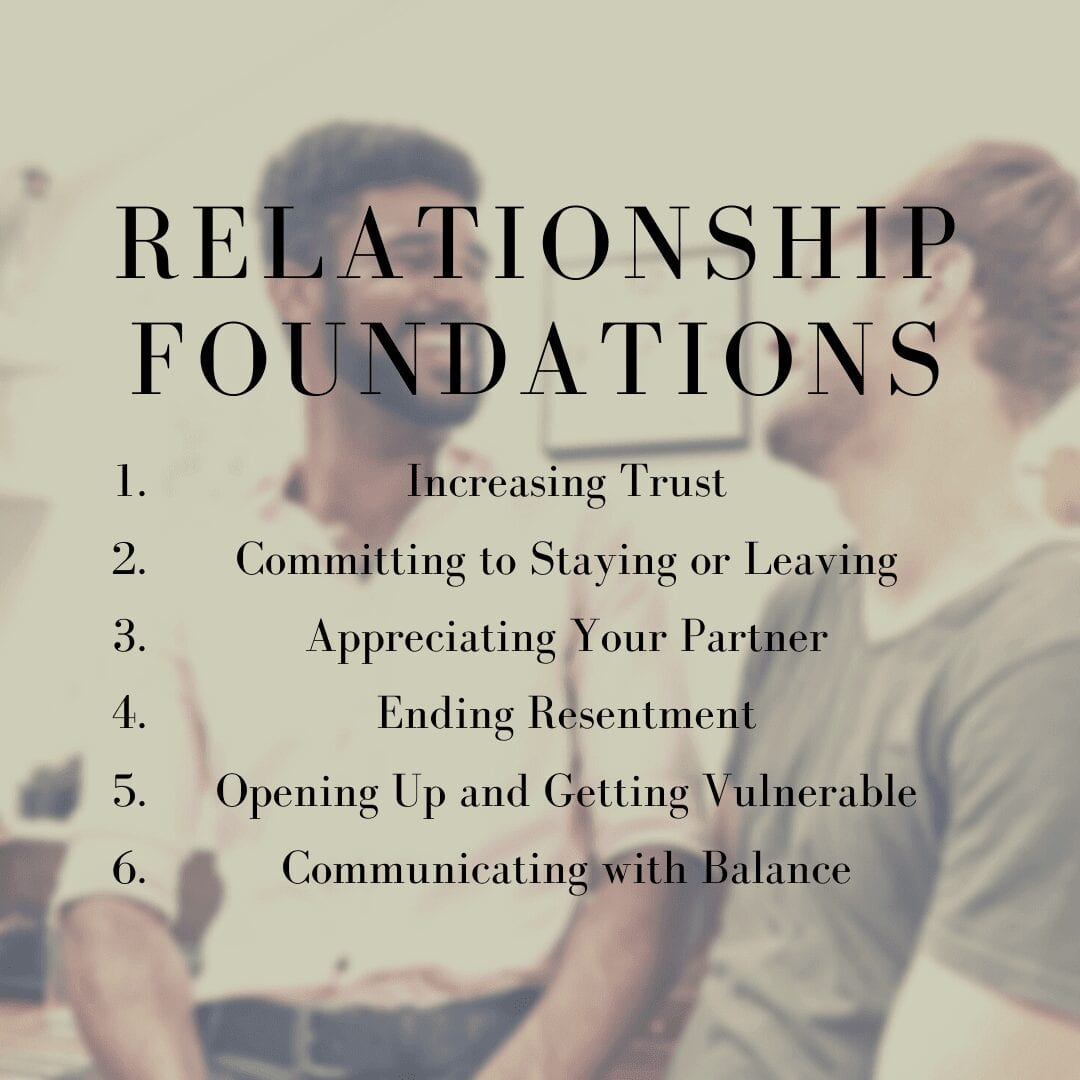Building a strong relationship foundation requires effective communication and mutual trust & Commitment. Prioritize understanding and supporting each other’s goals.
When embarking on the path of building a lasting relationship, the cornerstone is a deep connection rooted in trust and open communication. Emphasizing transparency from the onset paves the way for a resilient partnership, where both individuals feel heard and respected.
Strong relationships thrive on consistency and commitment, where actions align with words, fostering an environment of reliability and assurance. Essential to this foundation is the willingness to navigate challenges together, learning from misunderstandings to strengthen the bond. A healthy relationship is much like a collaborative dance, with each step—involving patience, empathy, and a shared vision for the future—bringing two people closer. Engaging in regular, meaningful dialogue and showing appreciation for one another cultivates a nurturing space where love and partnership can flourish organically.

Credit: themindsjournal.com
The Cornerstones Of A Healthy Relationship
The Cornerstones of a Healthy Relationship are like the base of a towering skyscraper. Without a solid base, the highest buildings can crumble. Similarly, relationships need strong cornerstones. Trust and commitment are these cornerstones. They hold the structure of companionship tall and proud. You need to understand and foster them to keep the love standing strong against the tests of time.
Defining Trust And Commitment
Trust is the belief in your partner’s honesty and reliability. It means you feel safe with them, both emotionally and physically. Commitment, on the other hand, is the intent to stay together despite the circumstances. It’s a promise to support and be there for each other. Let’s dive into each aspect:
Trust
– Belief in your partner’s truthfulness
– Reliance on their actions
– Emotional safety in their presence
Commitment
– Decision to maintain the relationship
– Willingness to work through problems
– Mutual plans for the future
The Interplay Between Trust And Commitment
Trust and commitment go hand-in-hand. You can’t commit to someone you don’t trust. Likewise, trust grows when commitment is clear. They feed each other. Together, they build an unshakeable relationship. Look at how they interact:
| Trust | Commitment |
|---|---|
| Makes partners feel secure | Keeps partners focused on togetherness |
| Encourages openness and honesty | Strengthens the promise to support |
| Promotes understanding | Builds a shared future |
Nurturing trust and commitment forms the foundation of a lasting bond. Solid relationships rely on these qualities. Harmony in love starts with a strong foundation. Let these cornerstones guide your journey together.
:max_bytes(150000):strip_icc()/How-to-build-trust-in-a-relationship-5207611-FINAL-a2a2da419bc147f691cb5f0824d7a08a.png)
Credit: www.verywellmind.com
Cultivating Trust In Your Partnership
Welcome to the key area of any thriving relationship: cultivating trust in your partnership. Trust remains the cornerstone that supports all other aspects of a healthy, enduring relationship. To build a foundation that lasts, understanding and working on the dynamics of trust is non-negotiable. Below are pivotal elements to fortify trust between partners.
Consistency: The Key To Trust
Consistency forms the backbone of trust. It’s the repeated action of showing up for each other that builds a reliable pattern over time. This regularity helps create a secure environment where partners know what to expect. Consider these points:
- Communication: Frequent, honest exchanges pave the way for deep trust.
- Predictability: A predictable routine reassures both partners of stability.
- Intentions: Acting with integrity confirms sincere intentions.
Consistent behavior brings a comforting rhythm to the relationship. It’s through these actions that trust gains strength day by day.
Vulnerability: Allowing Emotional Openness
Emotional openness requires showing vulnerability. It’s about feeling safe enough to share your deepest thoughts and fears. When both partners are vulnerable, trust naturally follows. Key aspects include:
- Listens: A partner who listens creates a haven for open sharing.
- Support: Being there in tough times shows commitment to the bond.
- Honesty: Open, truthful dialogue nurtures a trusting connection.
Allowing vulnerability can be challenging, yet it’s essential for a trust-filled partnership. It lays the groundwork for empathy, support, and ultimately, a solid union.
Commitment: More Than Just A Promise
Commitment in a relationship goes beyond words. It is an unwavering dedication to a shared life. To build a strong relationship, both partners must see commitment as an action. Every day brings a chance to prove this. This post delves deeper into how partners can solidify their commitment to ensure a stable, rewarding union.
Understanding Mutual Goals
Setting goals together forms a path for a couple to follow. These goals should reflect shared values and aspirations. Open communication is essential in identifying these objectives. When both partners understand their common goals, they build a road map that guides their commitment journey.
- Discuss life plans and career objectives
- Create a timeline for major milestones
- Support each other’s individual dreams
Through this, commitment becomes a joint effort toward a fulfilling future. Respecting each other’s ambitions while crafting mutual goals fortifies the foundation.
Navigating Challenges Together
Commitment truly shows when facing adversity. Challenges can either break or strengthen a bond. A united front is crucial through difficult times.
- Stay resilient in the face of tribulations
- Communicate openly about fears and concerns
- Work as a team to find solutions
With each obstacle conquered together, trust deepens. Perseverance cements commitment, transforming promises into steadfast actions.
| Challenge Type | Partner’s Supportive Action |
|---|---|
| Financial difficulties | Create a budget plan together |
| Work-related stress | Provide a listening ear and encouragement |
Enduring hardships as a team solidifies the decision to stay committed to one another. Remember, commitment is a courageous promise to face life’s rollercoaster together.
Communication: The Vehicle For Trust And Commitment
Communication acts as the mainstay for nurturing a healthy relationship.
It carves the path to trust and commitment.
Without it, partners may find themselves on shaky ground.
Let’s delve into how active listening and empathy, along with expressing needs and boundaries, fortify this foundation.
Active Listening And Empathy
Active listening is more than hearing words; it’s about understanding the feelings behind them.
Empathy allows partners to connect and respect each other’s perspectives.
Here’s a quick guide to practice active listening:
- Maintain eye contact.
- Nod and acknowledge the speaker.
- Avoid interrupting.
- Ask questions for clarity.
- Paraphrase to show understanding.
Empathy builds emotional bridges and helps partners to feel seen and valued.
Expressing Needs And Boundaries
Expressing needs and setting boundaries is crucial for personal wellbeing and relationship health.
These conversations are foundations for a respectful and honest partnership.
| Needs | Boundaries |
|---|---|
| Quality time together | Personal space |
| Expression of love | Communication limits |
| Shared goals | Behaviors you won’t accept |
Start these talks with “I feel” statements and be specific.
It allows couples to navigate their relationship with mutual respect.
Maintaining And Strengthening The Foundation
Maintaining and Strengthening the Foundation of a relationship is crucial. It is like tending a garden. It requires patience, care, and regular attention. Keep the connection lively and robust with honest communication and mutual respect. Remember, love is a verb, an action you constantly pursue. Let’s explore how to reinforce the bond.
Relationship vs Fellowship : What’s the Real Difference?
Continued Growth And Learning
Relationships flourish when both partners grow together. Foster personal development and shared experiences. Encourage each other to pursue passions and hobbies. Explore new activities together to keep the spark alive.
- Take classes together to learn new skills.
- Set shared goals to work towards.
- Read books, share insights, and discuss them.
Reevaluating Commitments As Relationships Evolve
Over time, relationships change, and so do people. Make a habit of checking in on your commitments. Are your goals still aligned? Do your plans reflect your current needs and desires?
- Have regular discussions about your relationship goals.
- Be open to adjusting roles and responsibilities as needed.
- Stay aware of each other’s changing expectations.

Credit: fastercapital.com
Frequently Asked Questions For How To Build A Strong Foundation In A Relationship
What Defines A Strong Relationship Foundation?
A strong relationship foundation is built on trust, communication, mutual respect, and understanding. These elements foster a secure, supportive environment. They allow couples to face challenges together and build a lasting bond.
How Can Couples Improve Communication?
Couples can improve communication by actively listening, expressing their needs clearly, and avoiding assumptions. It’s crucial to have regular, open discussions and practice empathy. This ensures both partners feel heard and understood.
What Role Does Trust Play In Relationships?
Trust is the cornerstone of any relationship. It creates a safe space for vulnerability and connection. Achieving trust requires consistency, honesty, and reliability from both partners. Without it, relationships often struggle to thrive.
Why Is Mutual Respect Vital In Partnerships?
Mutual respect is vital as it acknowledges the value of each partner’s feelings, thoughts, and needs. It involves treating each other with kindness and consideration. This supports a healthy, balanced partnership where both individuals flourish.
Conclusion
Building a strong relationship takes consistent effort and understanding. Remember, trust, communication, and mutual respect are key. Prioritize time together and keep learning about each other. Your bond will grow if you stay honest and compassionate. Forge ahead on this rewarding journey, deepening your connection every step of the way.

